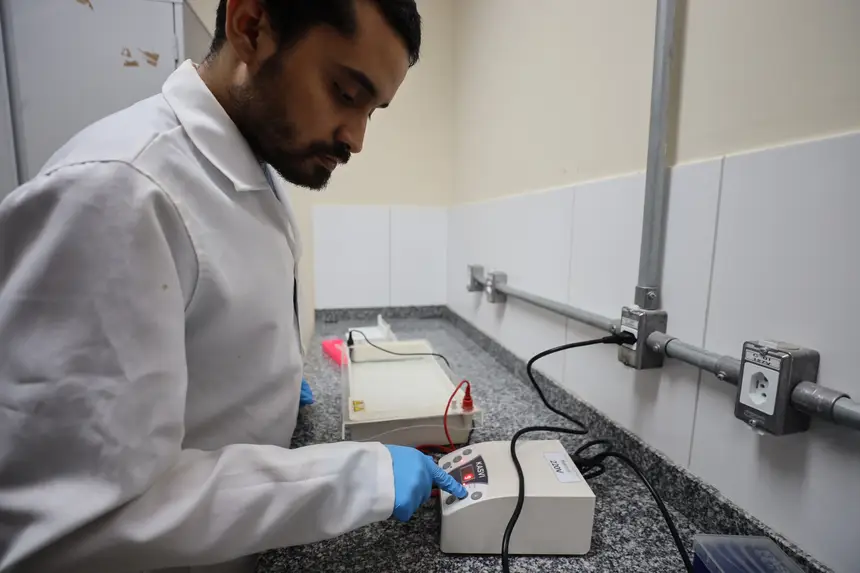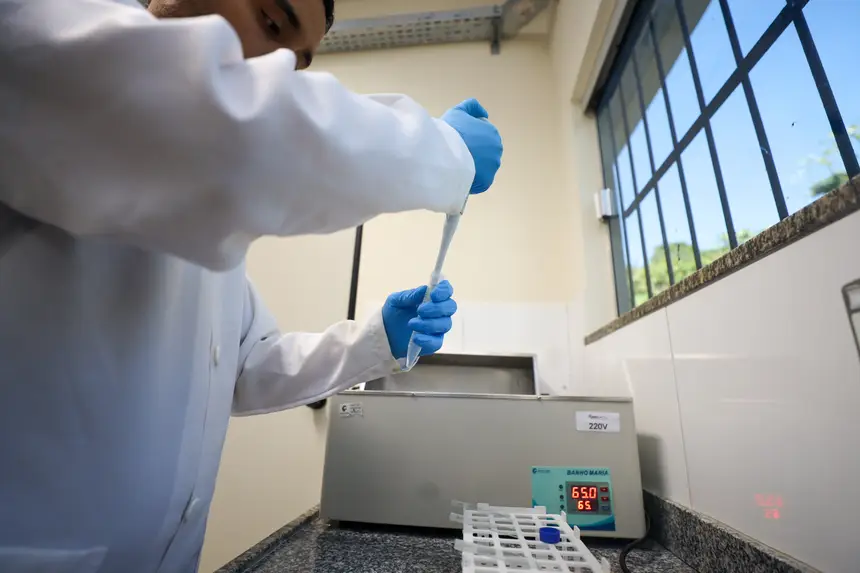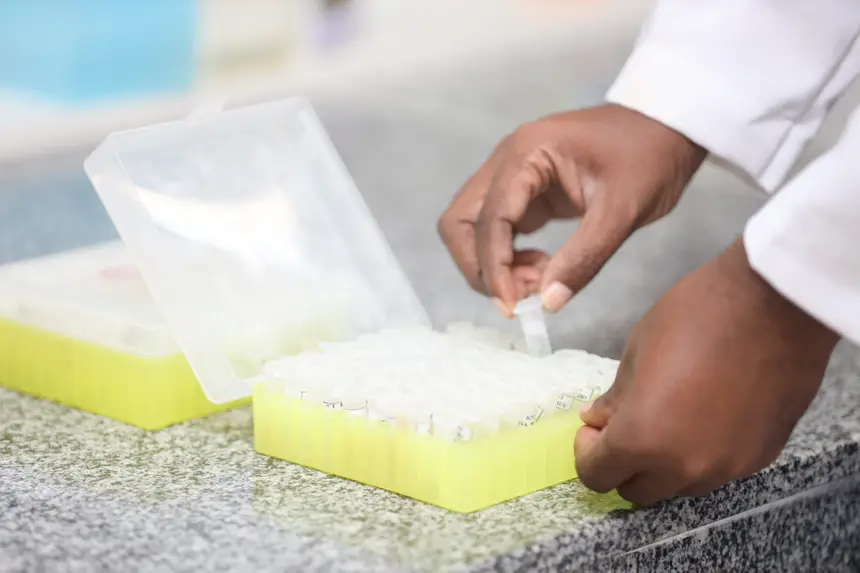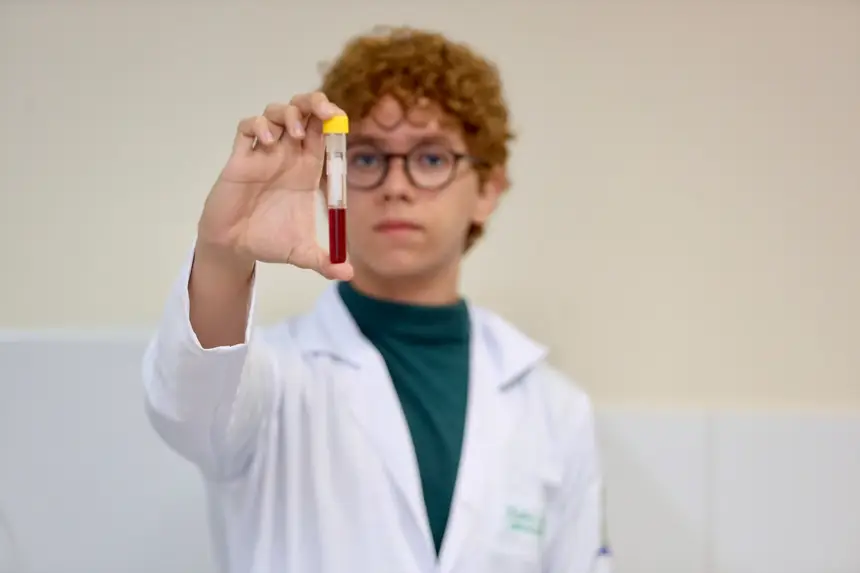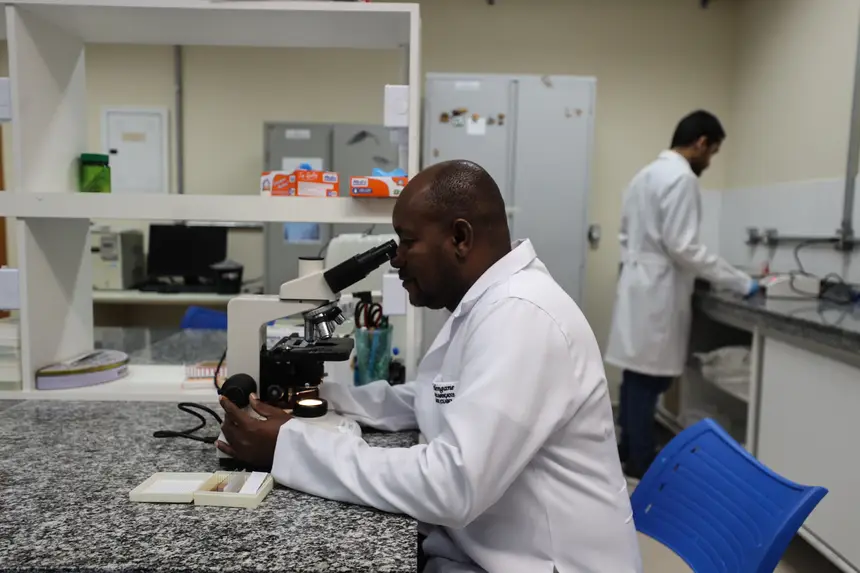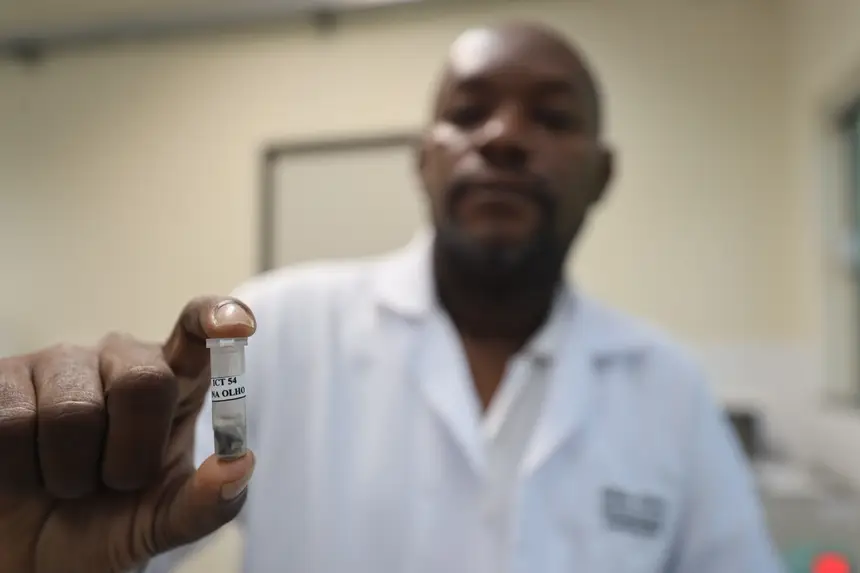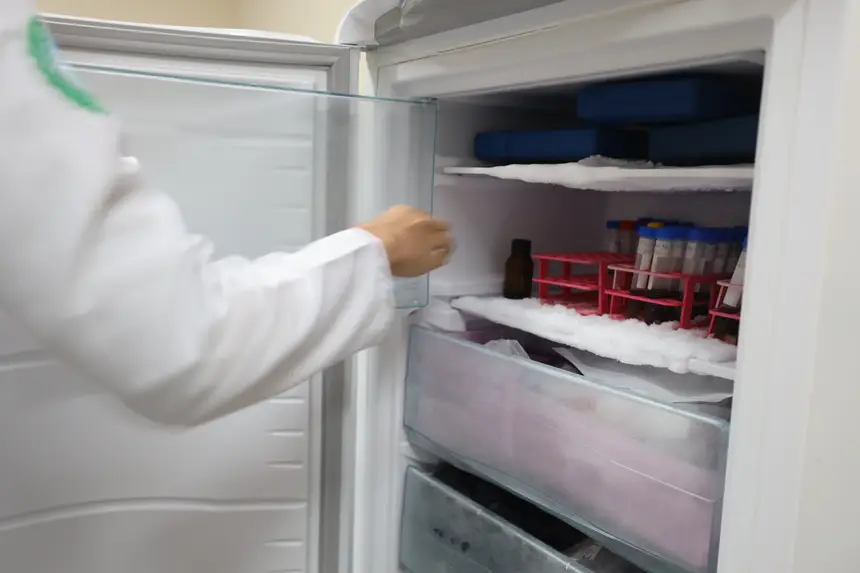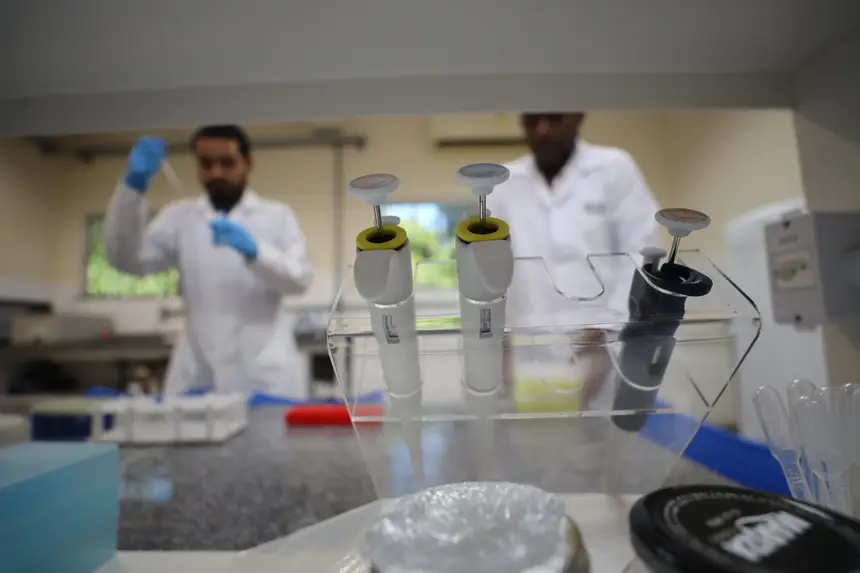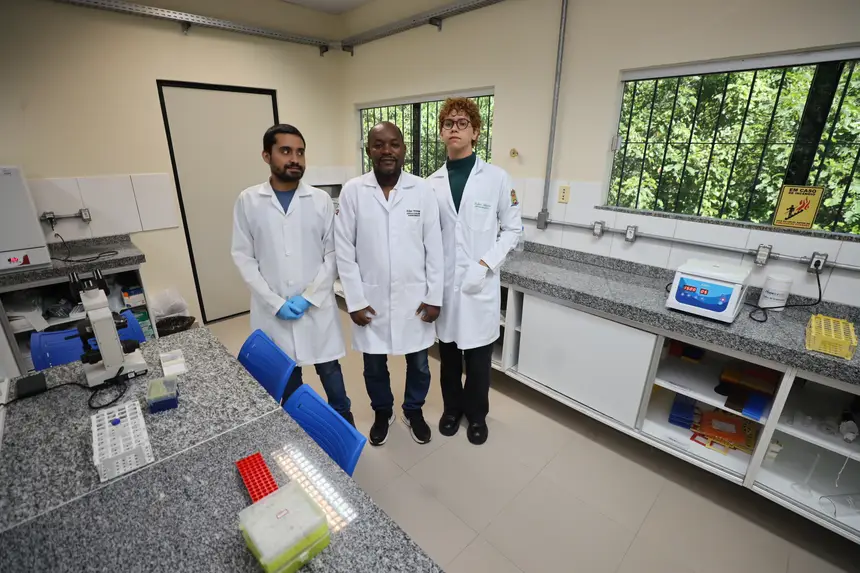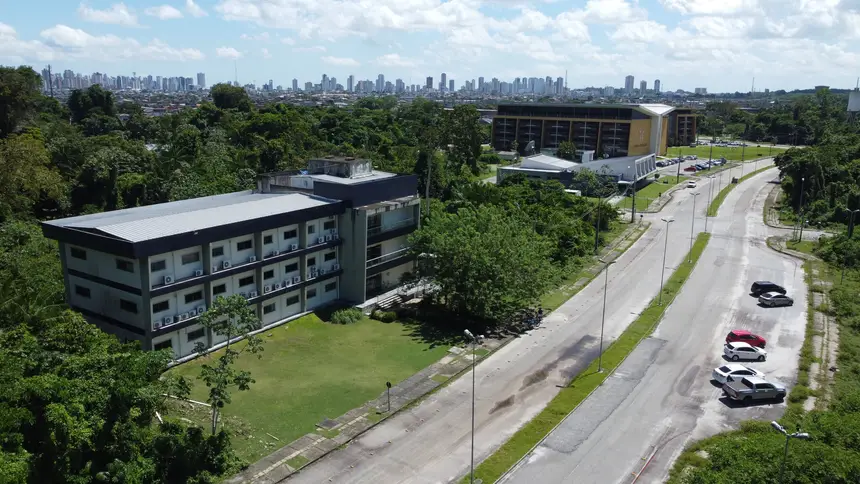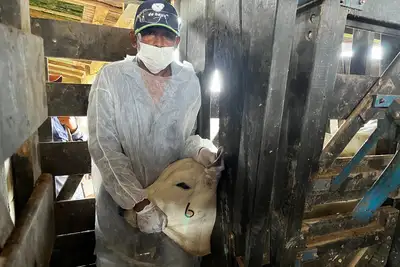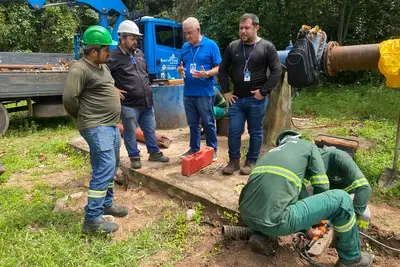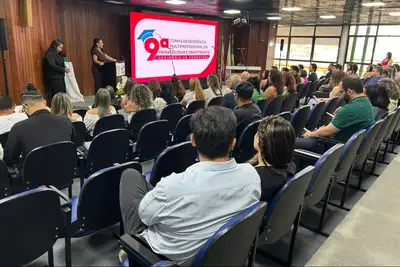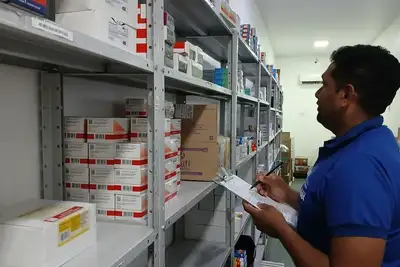Laboratory Boosts Environmental Conservation and Bioeconomy in the Amazon with Innovative Research
Located in PCT Guamá, in Belém, the space develops sustainable solutions based on the region's biodiversity
The research conducted by the Laboratory of Genetics and Cell Biology (GenBioCel), with support from the Government of Pará, has been consolidating as strategic for strengthening the bioeconomy and advancing environmental monitoring in the Amazon. With a direct impact on health, agriculture, and conservation areas, the studies reinforce the role of science in promoting sustainable development.
“Conducting high-quality science requires qualified people, adequate infrastructure, and financial resources, hence the importance of public investments. GenBioCel is an environment for scientific innovation, where studies in Conservation Genetics, Epigenetics, and Biotechnology of products are conducted, based on cellular-level analyses,” highlights the laboratory coordinator, Renata Noronha.
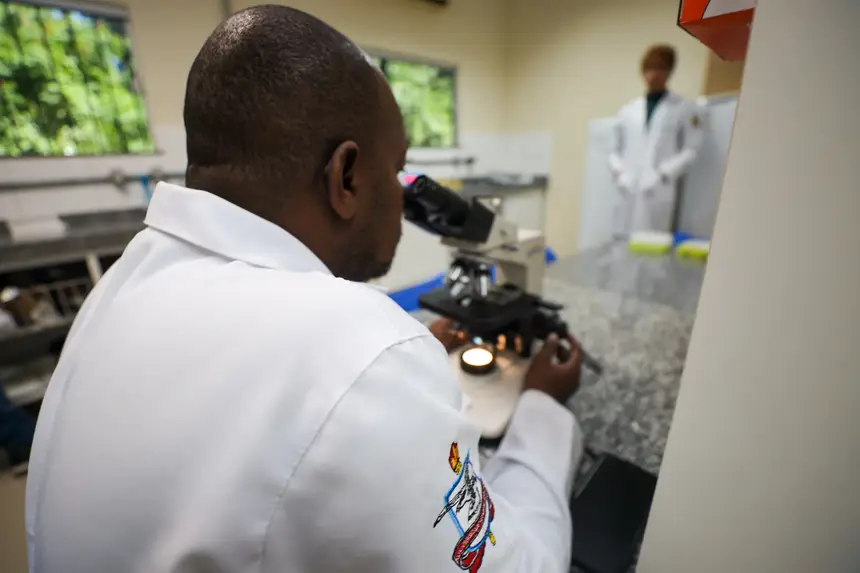
Among the projects developed with the support of the Amazon Foundation for Support of Studies and Research (Fapespa) are the epigenetic biomonitoring of populations exposed to environmental pollutants, focusing on the municipality of Barcarena; the evaluation of cellular and epigenetic effects of Amazonian bioproducts; and research in cytogenomics aimed at the conservation of aquatic vertebrates. One of the recent results was the characterization of bicho oil, originating from Marajó Island, which showed therapeutic potential and safety for the treatment of skin diseases.
Located at the Center for Advanced Studies in Biodiversity (Ceabio) of the Federal University of Pará (UFPA), and resident at the Guamá Science and Technology Park (PCT), GenBioCel brings together a specialized team in genetics and cell biology, formed by researchers, collaborators, and 14 undergraduate and graduate students.
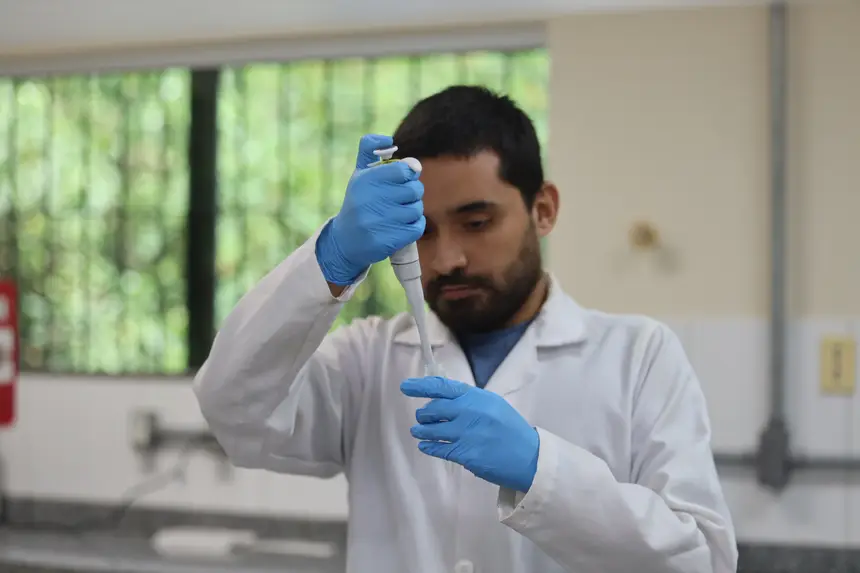
“GenBioCel is a concrete example of the transformative impact that science can generate for health, the environment, and sustainability. By supporting this and other resident laboratories, we reaffirm the commitment of PCT Guamá and the Government of Pará to valuing Amazonian biodiversity and building solutions that improve people's lives,” emphasizes João Weyl, president of the Guamá Foundation.
Epigenetics and Environmental Conservation
A reference in epigenetic research applied to Amazonian biodiversity, GenBioCel investigates how external and internal factors can influence gene expression, even without altering the DNA sequence. According to the coordinator, these factors may be related to the environment, diet, lifestyle, or experiences.
“From the moment we study genes linked to the reproduction, growth, and development of these organisms and identify possible impacts of environmental pollutants, we can act preventively. Determining, for example, that a river is contaminated and that this is harming the development of species is essential to avoid environmental imbalances and harm to Amazonian biodiversity,” emphasizes Renata Noronha.
A practical example of this work is the epigenetic environmental monitoring service provided to the company Ultracargo, in Barcarena. Furthermore, the laboratory's studies also have a direct impact on the bioeconomy, as the quality of food, pharmaceutical, or biotechnological products depends on the health of the organisms used in their production.
Innovation and Development in the Amazon
The PCT Guamá is an initiative of the Government of Pará, through the State Secretariat of Science, Technology, and Higher, Professional, and Technological Education (Sectet), in partnership with UFPA and the Federal Rural University of the Amazon (Ufra), under the management of the Guamá Foundation.
The first technological park in the Northern region, the PCT works to stimulate applied research and innovative and sustainable entrepreneurship, focusing on improving the quality of life of the population.
Located on the banks of the Guamá River, between the campuses of UFPA and Ufra, the park occupies an area of 72 hectares, which includes buildings and an Environmental Protection Area (APA) of the Metropolitan Region of Belém.
Currently, the complex houses more than 30 resident companies, 40 associated companies, 12 research laboratories, and a technical school. PCT Guamá is also part of the National Association of Promoters of Innovative Enterprises (Anprotec) and the International Association of Science Parks and Areas of Innovation (Iasp), placing Pará within the largest global innovation ecosystem.



